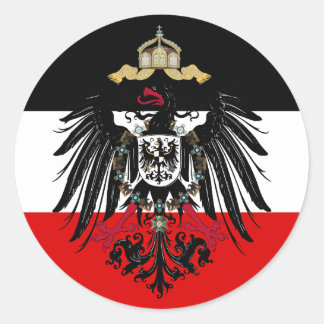While rules regarding the game mechanics are vast and detailed, players would do well to remember that, above all else, this is just a game that is being played for fun and enjoyment. There is no such thing as "Winning" in a Balance of Power game, for the overall objective of the game is to have fun and interact with other players in order to create a memorable experience.
Regarding player etiquette, one thing to remember is that the actions of the players in game does not reflect the character and personality of the player outside of the game. Furthermore, the game thread should not be the place to discuss inter-player relations and outside affairs. The game thread is where the players become their nations and should be treated as such when interacting on the game thread.
The game thread is where players role play their rulers and nations and play the game. The discussion or Out-Of-Character Thread should be where players, not pretending to be their nations, discuss and converse about the events unfolding in the game. The Game Thread is public and should only contain public actions or materials the players would consider to be public; private treaties, agreements, orders, messages etc should instead be sent directly to the GM via Private Message, Email, or other private means.
Player competition is healthy, and attempting to gain advantages in a Balance of Power game is common. However, players should not take to extreme efforts to put themselves into the best position possible by abusing the game mechanics, other players, and by other dastardly means. Powergaming in particular is unsportsmanlike, unwelcome, and not appreciated. If there ever comes a time when a ruling or rule comes into question, the affected player should bring the issue up in the Out-Of-Character thread for future review and discussion; however, rules will not be changed mid-session and requests to rewrite the rules will be denied. If a player continually and persistently causes disruption as a result of attempting to abuse or change the rules to better their own position, they may be removed from the session or the session may be terminated altogether, in which case the course of action following the termination of the session is to review the rules without the quarreling player's input and turn to other GM's and/or the main player base for input.
Anger or frustration towards other players is healthy and understandable. However, personal attacks stemming from in-game actions or repeated hostilities based on a player's actual character and not the actions of their nation are strictly prohibited. Hostile players may be removed from the session at the GM's discretion, or if the overwhelming majority of the player base requests a particularly toxic player to be removed.
Players are expected to try to have fun. That is all. Players can set their own personal objectives and goals for what they want to accomplish in the game, however the overarching goal is to create an enjoyable experience and drive the narrative forward. If you are looking for a game of intense technical skill and clear winners and losers that focuses on winning above all else, then you are looking in the wrong place. If you are looking for a game where you can interact with other players, fulfill personal objectives and goals, influence and instigate events and watch them unfold before your very eyes and engage in jolly cooperation or player competition, and are willing to roll with the narrative to see where it leads, then you have come to the right place.







 Reply With Quote
Reply With Quote



















